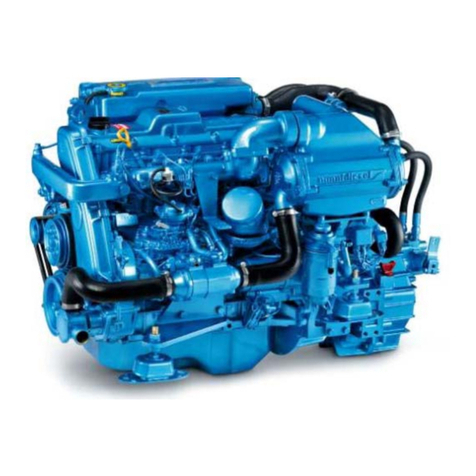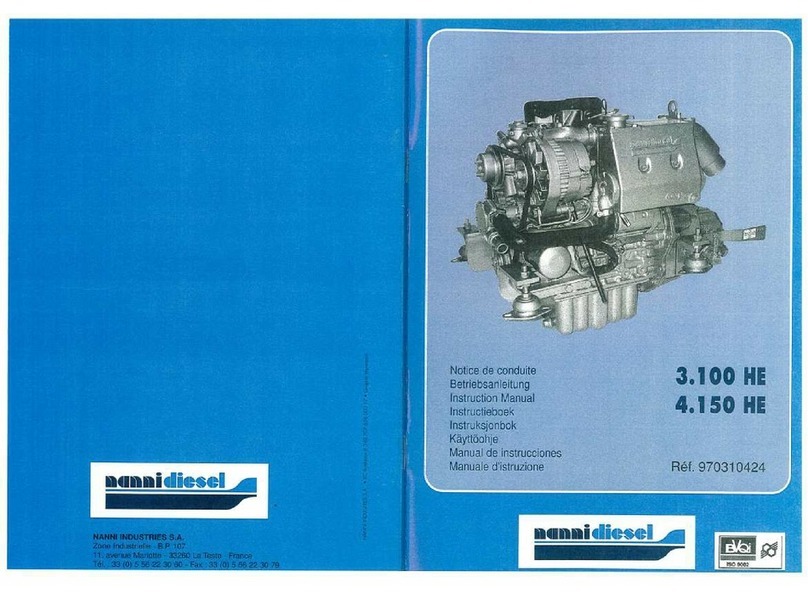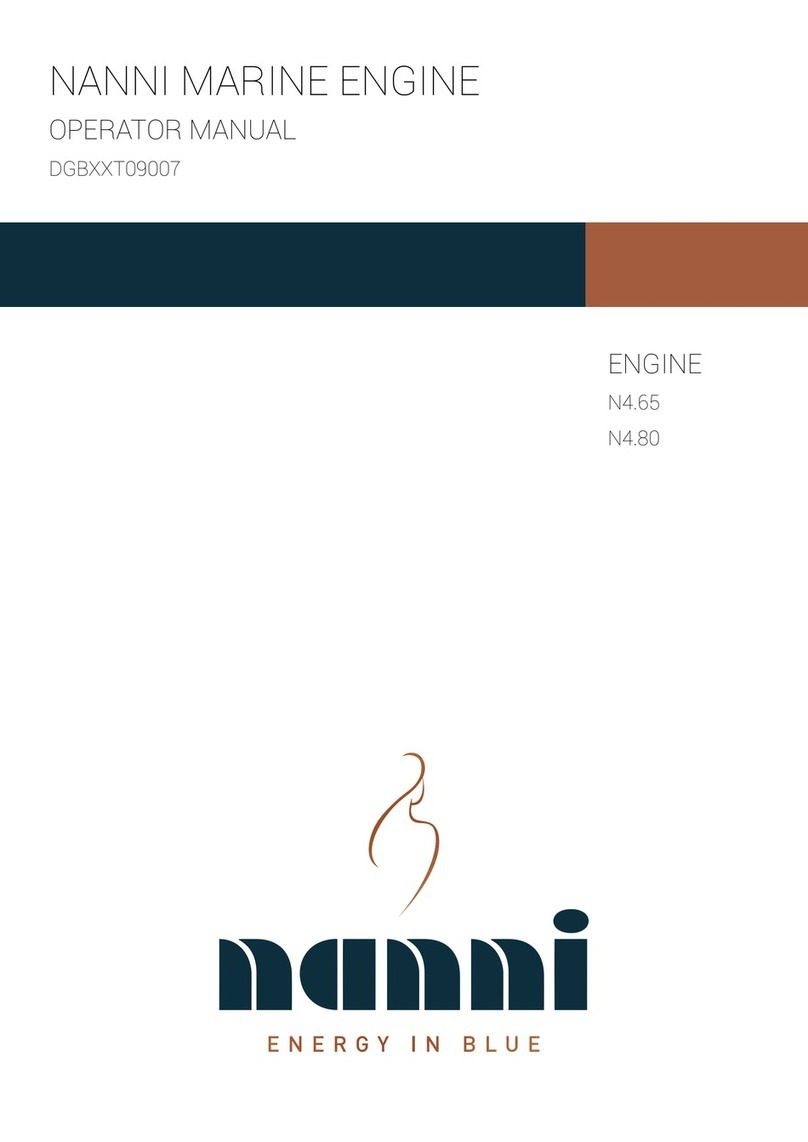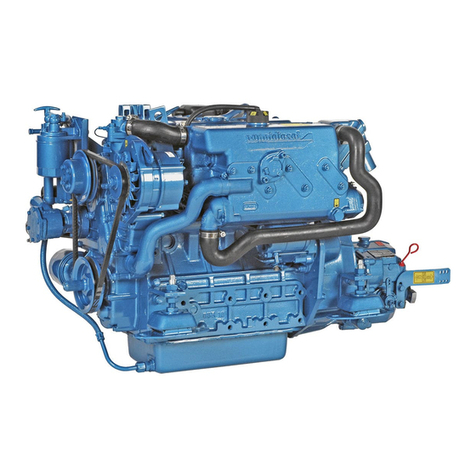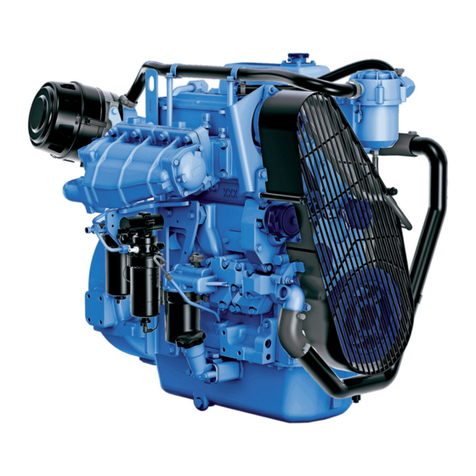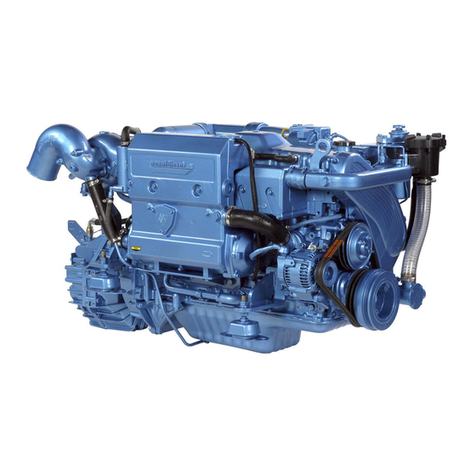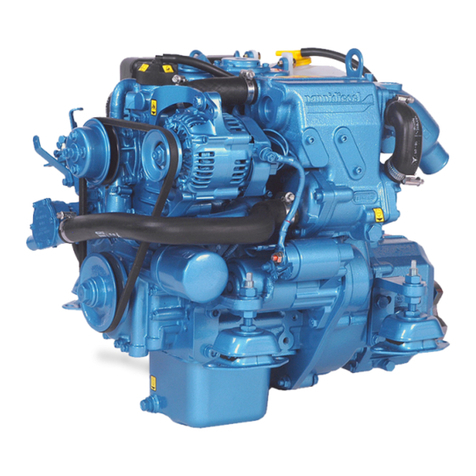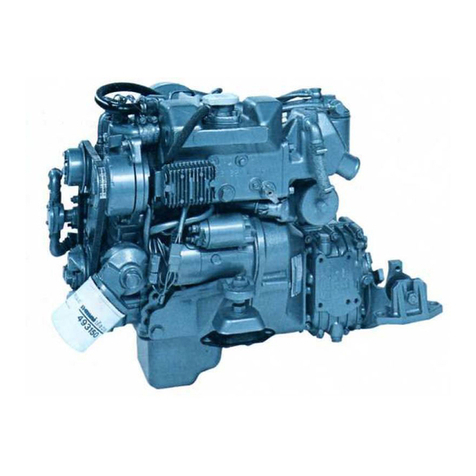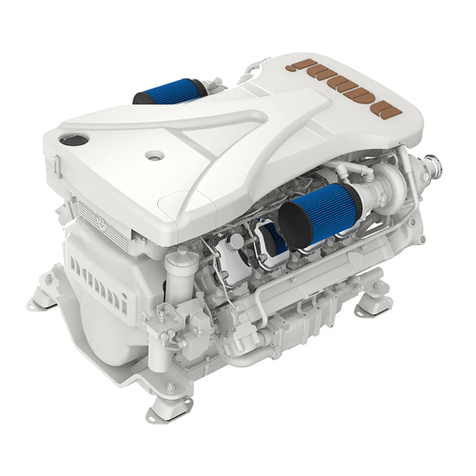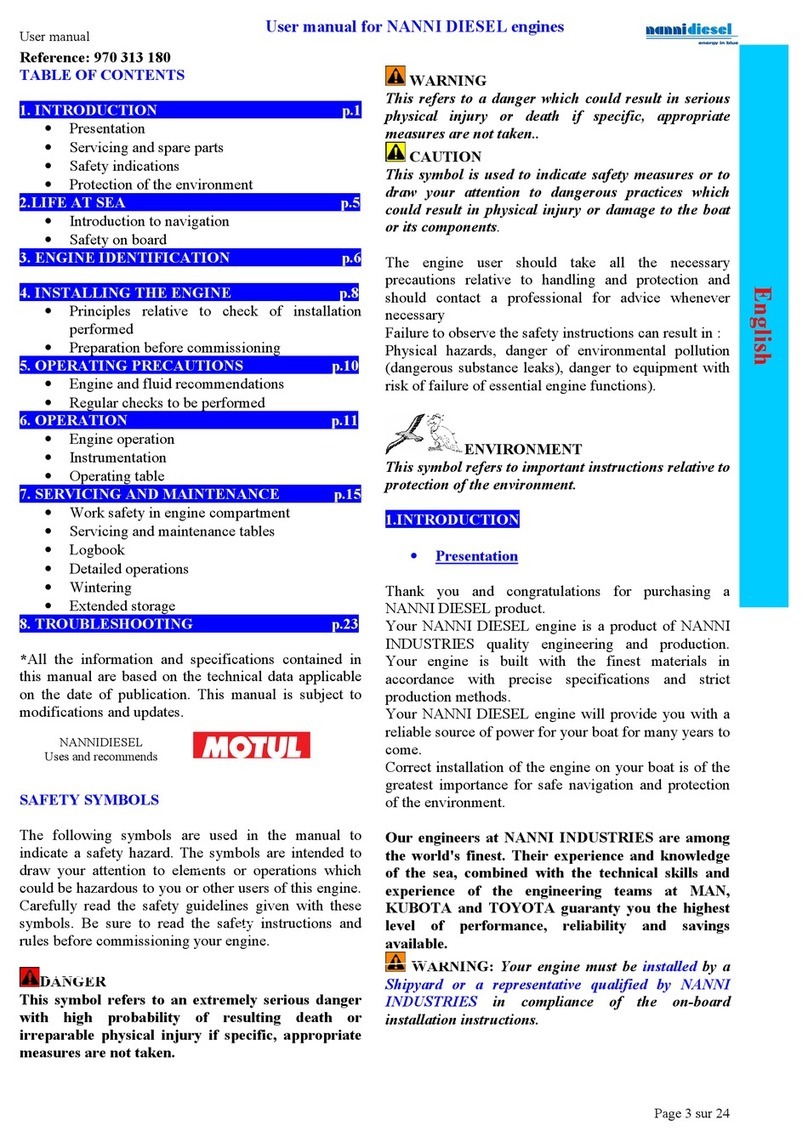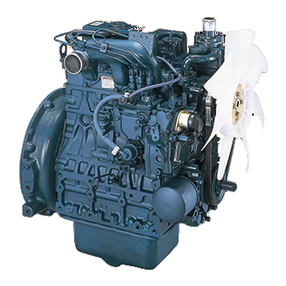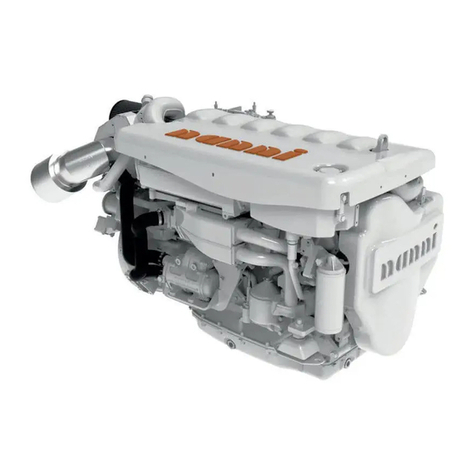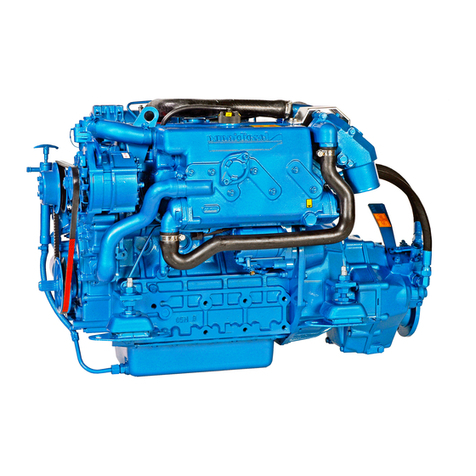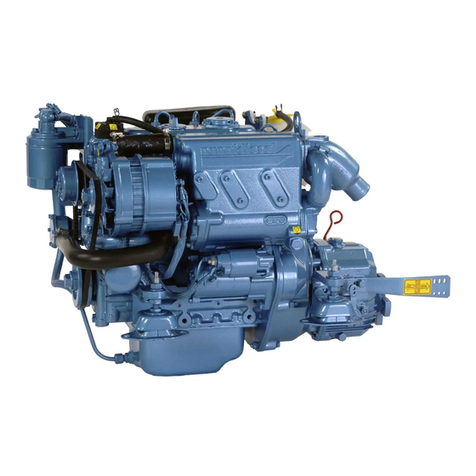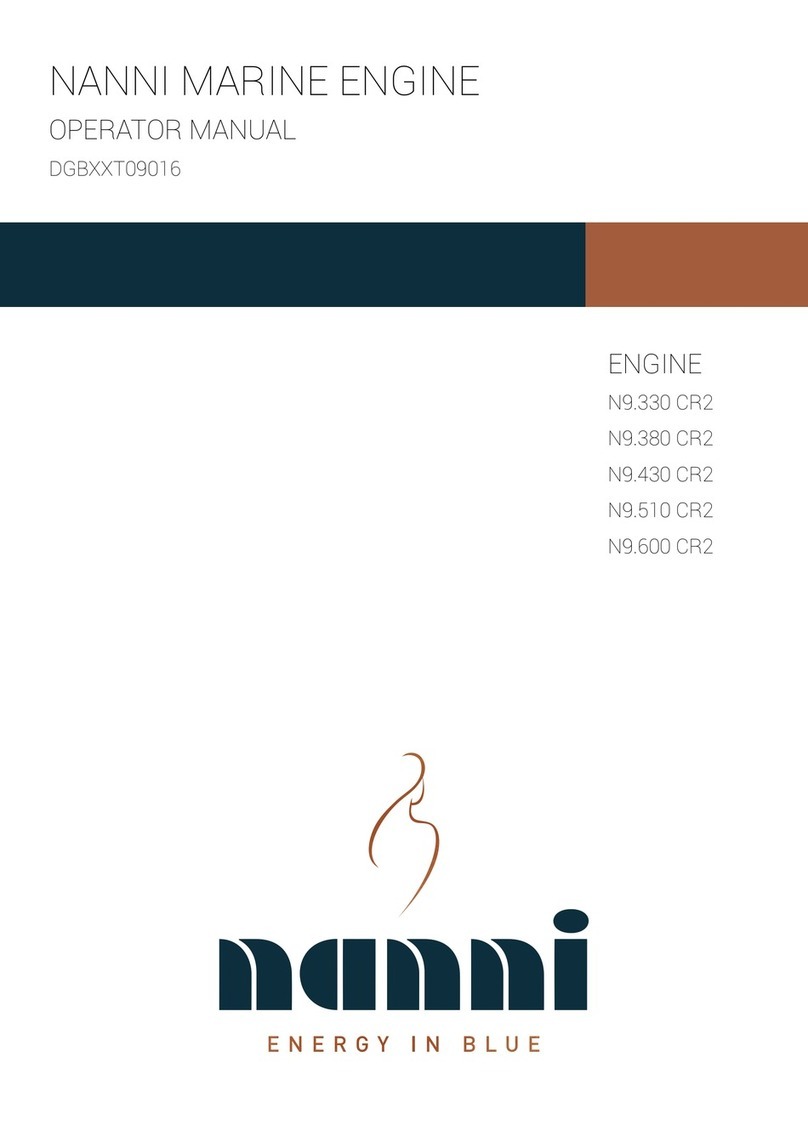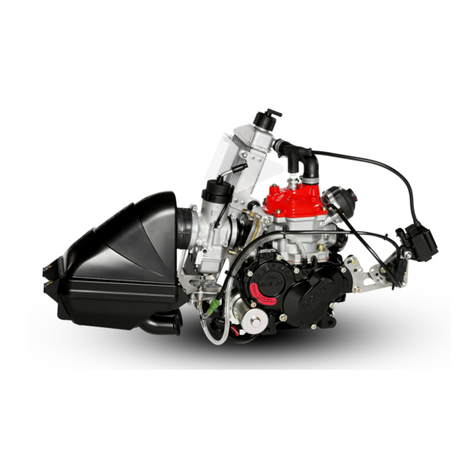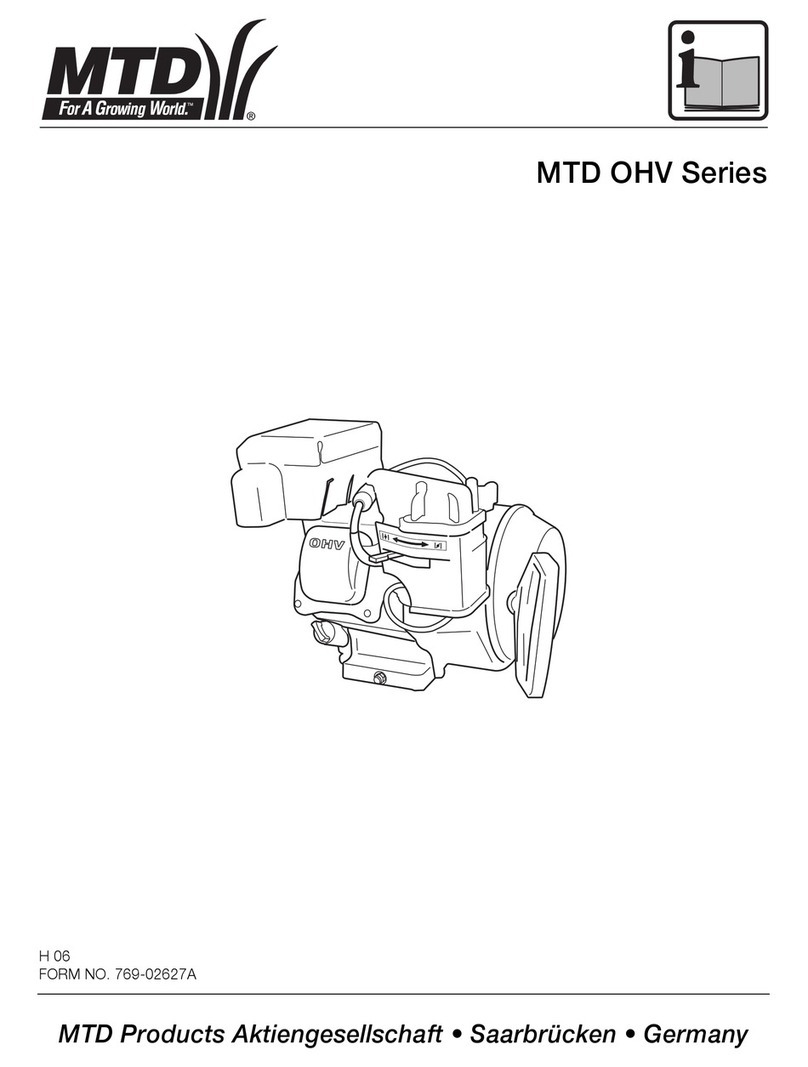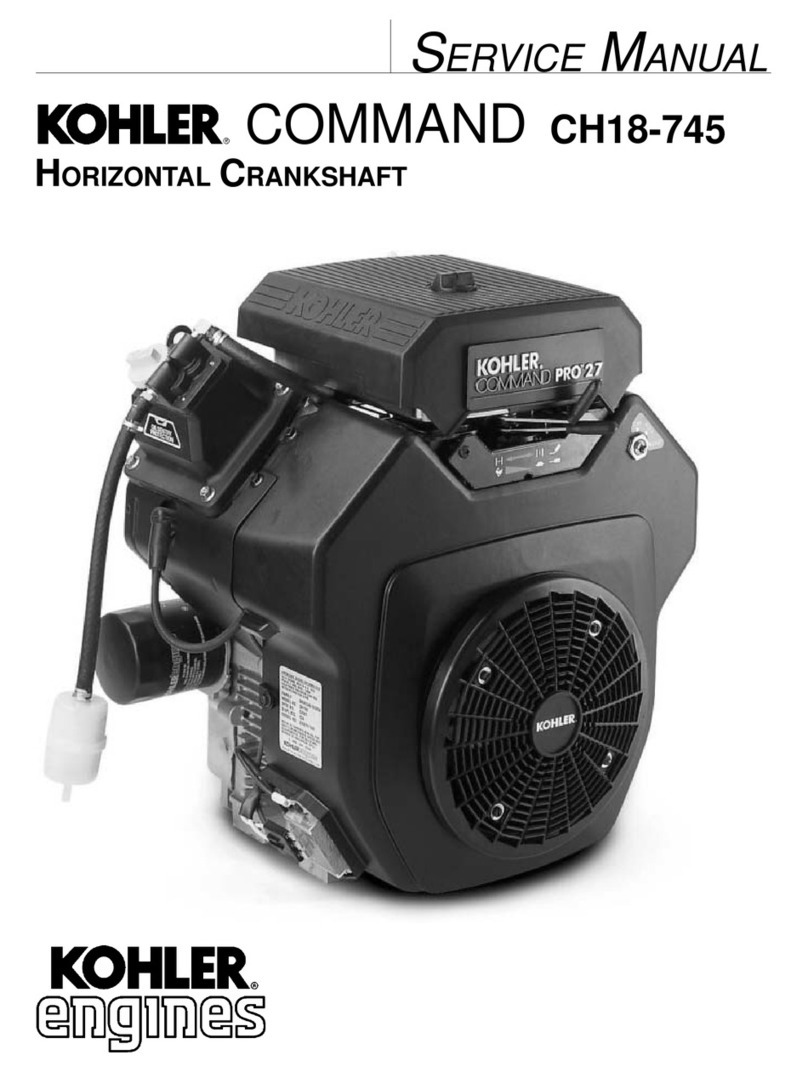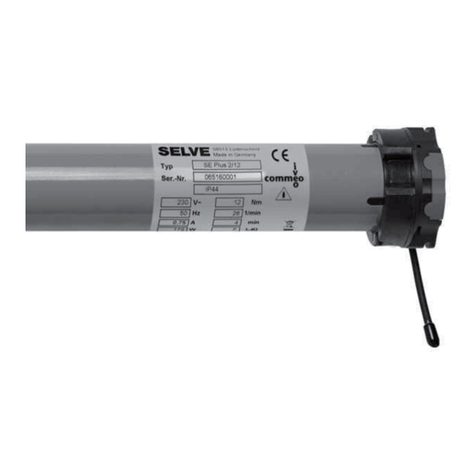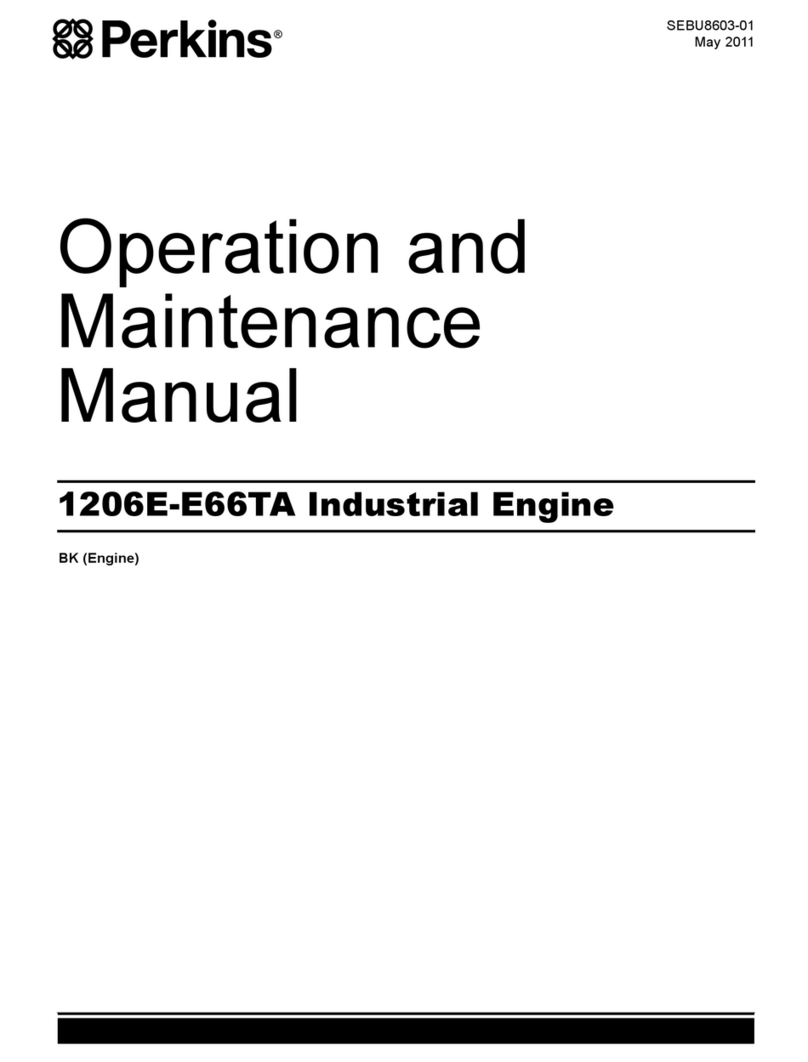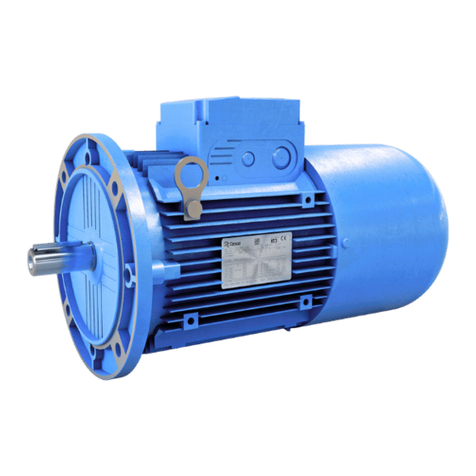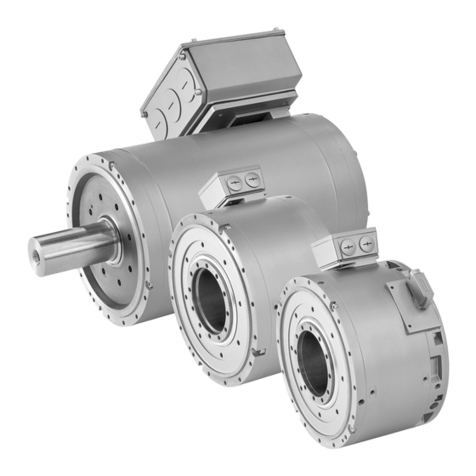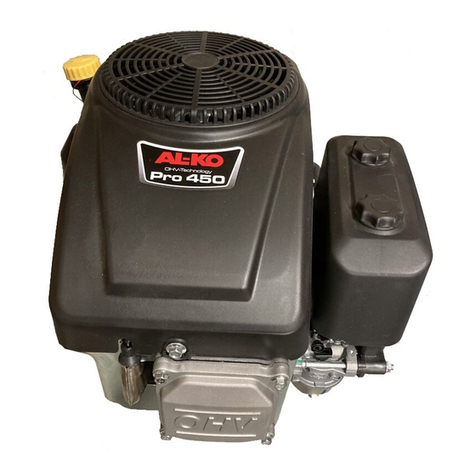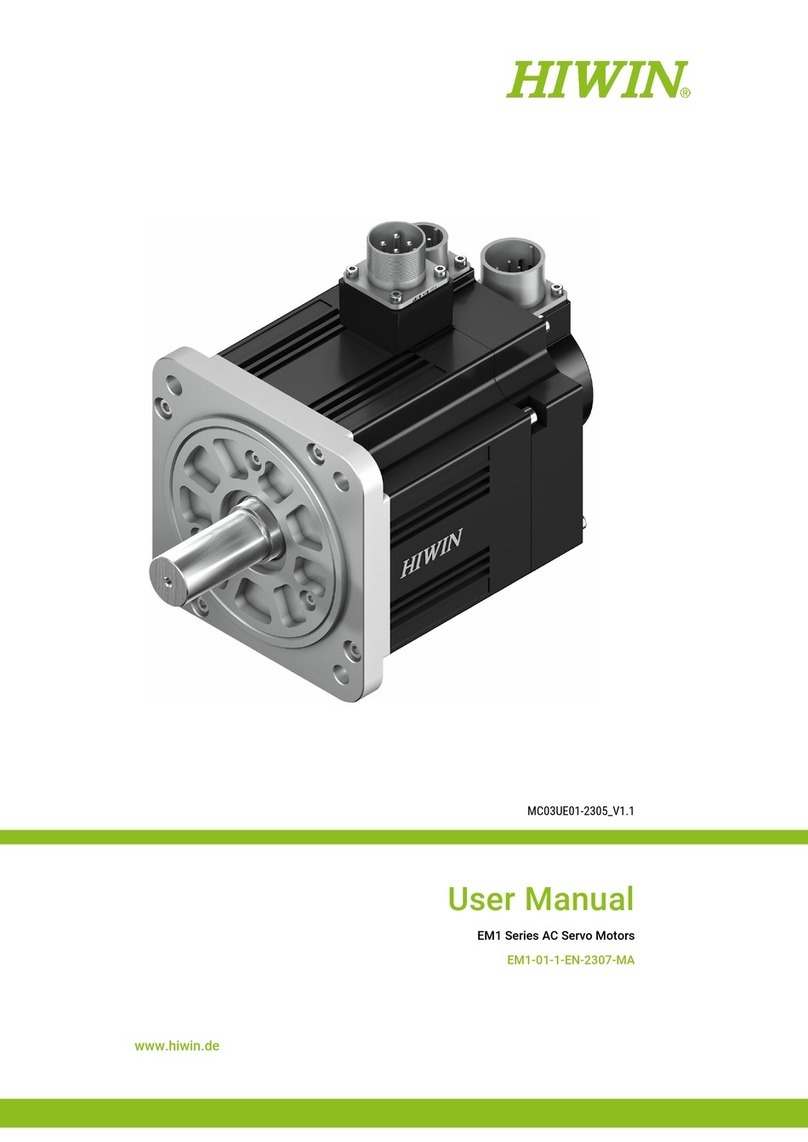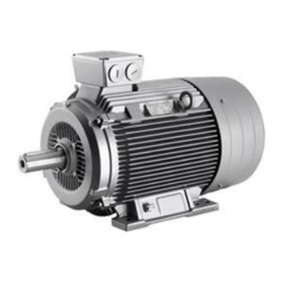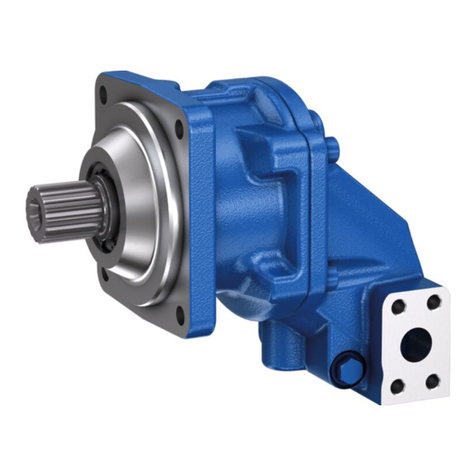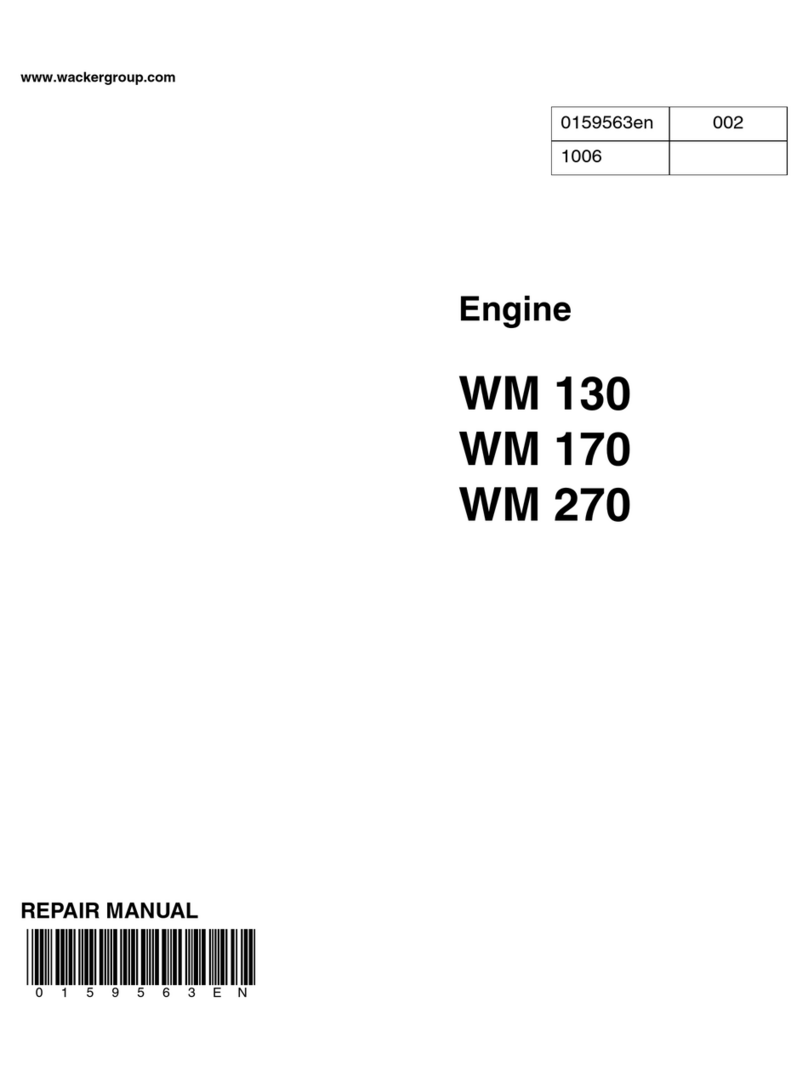Warranty
The owner of the engine is responsible for all safety
and maintenance checks as well as for following the
maintenance instructions as set forth in this manual and
on the Silverwake warranty booklet. The performance and
reliability of your engine depend on you following these
instructions.
Maintenance should be entrusted to a specialist authorised
by Nanni Diesel. The validity of the warranty is dependent
on maintenance operations being carried out by an
authorised representative.
Wear and tear on parts as well as maintenance costs
arise from normal use of the engine and therefore do not
constitute manufacturing or material faults under the terms
of the warranty.
We strongly advise against making any changes to
the engine’s settings, as well as any other technical
modification (accessories, spare parts, hitched equipment
etc.) not authorised by Nanni Diesel.
Any modification will cause the warranty to be cancelled as
we cannot be held liable for work carried out beyond our
control.
Environmental responsibility
Nanni Diesel designs its engines to have minimum
environmental impact and a maximum service life. This
objective, however, can only be achieved with your full
cooperation. Our operating and maintenance instructions
aretohelpyoutoprotectyourengineandadoptresponsible
behaviour vis-à-vis the environment.
Ensure you only use the fuels and oils recommended in this
manual. Using another type of fuel or oil could cause major
generator malfunctions: higher consumption, reduced
engine service life, greater discharge of exhaust gases.
When draining the oil and changing the oil or fuel filter,
dispose of the waste in the appropriate container. These
fluids cause major damage to flora and fauna if discharged
into nature. Ask the pump attendant for an absorption kit
in the event of accidental discharge of oil or fuel into the
water.
The different fluids used to run the engine are a health
hazard. Carefully read the instructions on the packaging of
these products and always check that the ventilation in the
storage compartment is adequate.
Preparations before starting:
When the engine has been installed on board and before
removing the protective elements covering the different
orifices,clean the exterior surface of the propulsionsystem.
For transportation reasons, some of our engines are
delivered without their operating fluids. In all cases, you
must:
• Check the levels and fill the engine oil if necessary.
• Fill the exchanger with coolant and degas if necessary.
• Check the belt tension.
• Check the tightness of the different connections and
drain caps (coolant and oil).
• Check the tightness of the alternator electrical lugs
(check the cabling by referring to the corresponding
documentation), battery terminals, circuit breaker,
connection of extension sections, battery electrolyte
level.
• Make a final check of the fixing elements and a visual
check of the engine as a whole.
• Check the operation of the ventilation system.
Some of these operations are explained in more detail later
in this manual.
I Attention! : The modern diesel engine is precision
equipment that requires the use of a high-quality fuel and
lubricant.
Fuel supply
Ensure that the fuel contains no residues. If it does, use
special filters.
Avoid using fuel mixed with water or other substances as
you may damage the engine.
The engine performance is influenced by the fuel
temperature, the temperature and relative humidity of the
exhaust air and by the altitude.
Behaviour of the boat
The weight distribution on board can modify the centre of
gravity of the boat and have an impact on its behaviour in
navigation.
The condition of the hull is also a critical factor. Adirty and /
or damaged hull will modify the behaviour of the boat.
The propeller must be adapted to the boat and the use that
is made of it. A faulty operation of the boat is often due
to an inadequate and / or damaged propeller.
7
Presentation
